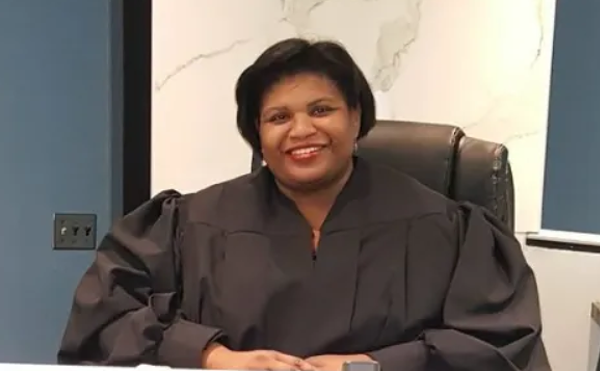Things could be crowded at the bar of U.S. District Judge Nancy Edmunds’ Detroit courtroom when she considers a lawsuit involving the case of Ann Arbor resident Rabih Haddad next month. Nabbed on immigration charges during the roundup of Middle Eastern men following Sept. 11, Haddad faces deportation because the visa allowing the Lebanon native to live here was expired. As we previously reported, although U.S. officials don’t readily admit it, Haddad’s role in a Middle-Eastern charity is also a factor in his detention. U.S. officials have frozen assets of the Global Relief Foundation as part of an investigation into possible ties to terrorism.
To this point, all proceedings in the case have been conducted in secret. Believing that to be unconstitutional, Metro Times, the Detroit News and U.S. Rep. John Conyers filed suit to force open the courtroom doors. The ACLU represents us. That action has been consolidated with a similar suit filed by the Detroit Free Press and the Ann Arbor News. Now, Haddad’s lawyers are asking that a third lawsuit filed by Haddad himself be wrapped in with the media suits.
There is, however, a fundamental difference between our action and Haddad’s. To ACLU of Michigan legal director Michael J. Steinberg, Haddad’s suit “relies primarily on his due process rights to an open hearing.” That’s separate from our assertion that the trial should be open on the basis of First Amendment rights of the public and press.
“We are representing the public and the media,” explains Steinberg.
Meanwhile, as the wheels of justice grind, Haddad remains behind bars, in solitary confinement at the Metropolitan Correctional Center in downtown Chicago. He described his situation in a recent letter, which has been making the rounds via e-mail. In the letter, Haddad, who is limited to one 15-minute call to his family a month, describes the stress of confinement to a 6-foot-by-9-foot cell, under the constant gaze of a surveillance camera, the only window to the outside glazed in white.
Such conditions, writes Haddad, “can drive a person to the extreme limits of his/her mental, emotional, and psychological capabilities.”
“Where do we draw the line between justice and oppression?” he asks. “Between prosecution and persecution?”
The only way to answer those questions is to ensure our system of justice remains open to public scrutiny.
See you in court.
Curt Guyette is Metro Times news editor. Contact him at 313-202-8004 or [email protected]




